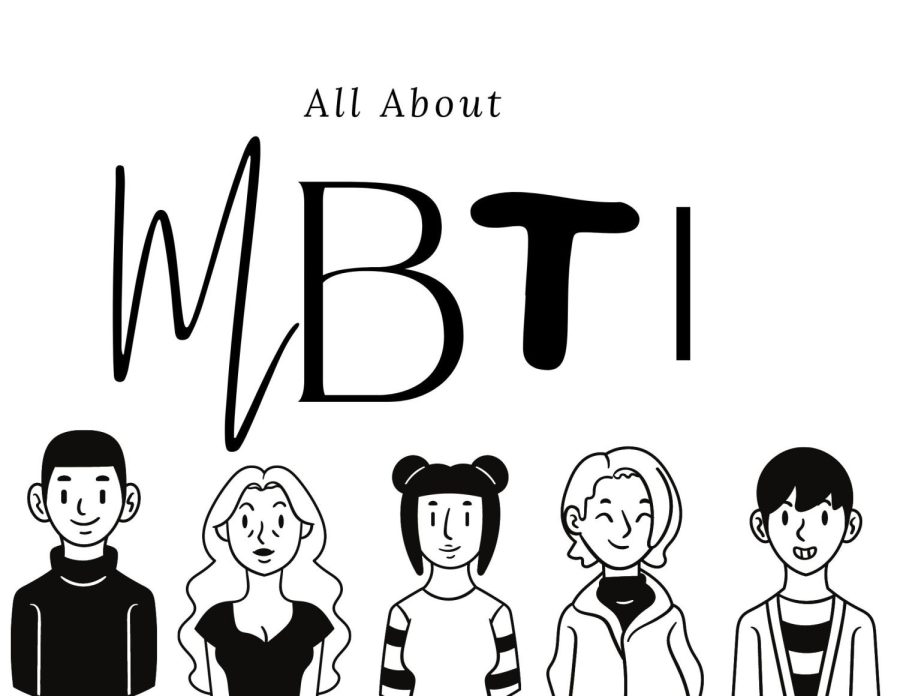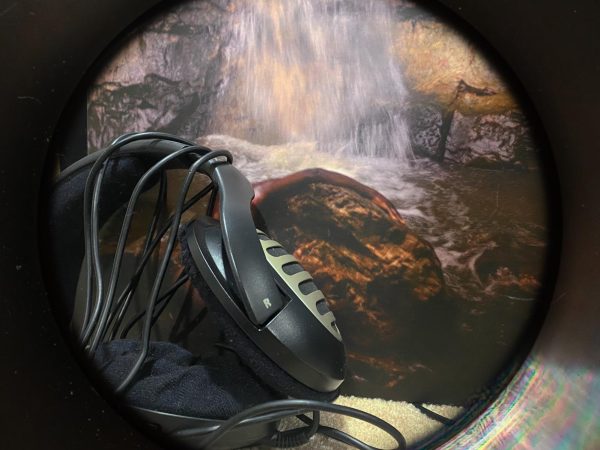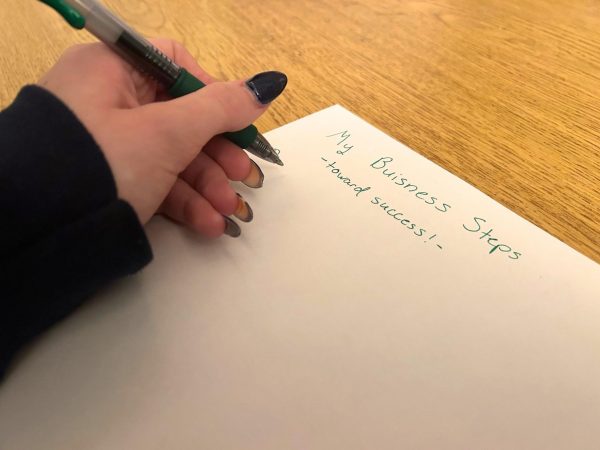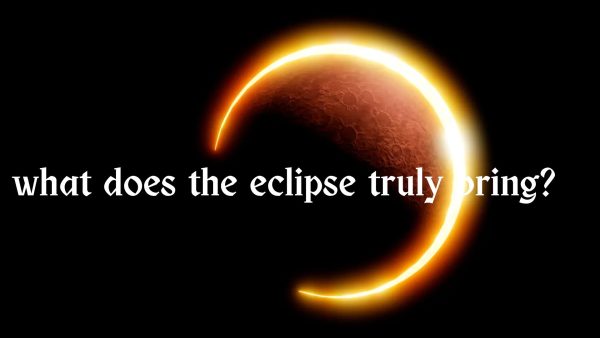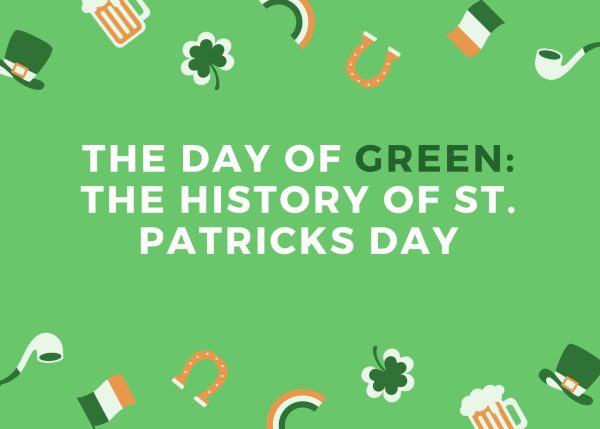All about MBTI
Sweeping the nation for decades, the MBTI emcompasses distinct values and combines them into 16 personalities. Based on nearly 40 years of research, the validity continues to circulate in scientific discussion circles. Regardless, hundreds of individuals continue to enjoy solidarity with those with similar types and feel as though they have gained a higher understanding of others by learning the inner workings of the test.
February 2, 2022
Whether one holds the “campaigner” title or the “mastermind” personality; everyone represents one, but most never heard of them in their entire life. MBTI stands for Myer Briggs type indicator, named after the mother-daughter researching duo who created the self-report test.
“For [Katharine] it was really a spiritual quest. She was a deeply religious woman and she believed that the only way to really save your soul was to figure out who you were and to live life according to that best version of yourself,” author Melissa Block said.
Beginning research in the 1920s, Kathrine Myers began to characterize people based on Swiss psychologist Carl Jung’s theory of personalities. The major archetypes of personalities compartmentalize into eight distinct characteristics: extraversion (E) versus introversion (I), sensing (S) versus intuition (N), thinking (T) versus feeling (F) and judging (J) versus perceiving (P). Any dominance within these eight sectors combines into the 16 different archetypes. Each sector mimics dividing factors within the ancient Greek temperaments, such as a diplomatic mindset or a logistical one.
Regardless of the intriguing potpourri that the MBTI encompasses, scholarly debate swarms the personality indicator. Psychologists continually discourse around the reputability of the test, with the majority of re-takes giving individuals different combinations within a gap time of only five weeks.
“[For example] In the category of extrovert versus introvert, you’re either one or the other; there is no middle ground. People don’t work this way, no normal person is either 100% extrovert or 100% introvert, just as people’s political views aren’t purely “communist” or “fascist”,” journalist Dean Burnett said.
Additionally, researchers claim the test’s formatting leaves it prone to the Barnum effect; a research bias which people find distinct relevance to themselves within vague question formatting. Certain examples within the test frequently appear in scholarly debate, such as “You enjoy participating in group activities.”
“I am [categorized as] an INFP, and a lot of the things the test says about us is sorta misleading a bit. We aren’t all super sad, but I would say that we are extremely intuitive. It really all depends on who you are as a person, because at the end of the day, it’s [just] a generalization; it’s for fun,” magnet junior Alina Autry said.
Despite the minor negative opinion of the MBTI relating to anything short of pseudoscience, hundreds of people still view the test as mostly factual based on their own experiences. Communities through the internet have blossomed throughout multiple platforms, such as TikTok, Twitter, and Instagram.
“I’m an INTJ, and I think it’s about your aura as a person. What are your core values? What do you choose to do with your time? What do you want in life? All of those things are vague because it’s not meant to be perfect for every single person in the entire world, but an interesting analysis on what makes you you,” junior Abbie Omnisore said.




